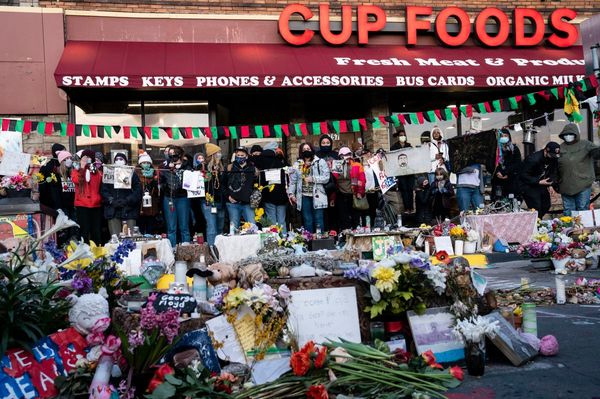Herbert Butterfield, the historian often remembered for coining or at least popularizing the phrase "Whig history," published in 1950:
It is not open to any of us to say that we will postpone what philosophers call 'the good life'—postpone any of the higher purposes of mankind—until the world is more happily placed or the environment becomes more congenial. Some people have become accustomed to arguing, for example, that we must not pretend to have any art to-day—for how can a man write poetry when society is still so disjointed? I have even heard it said that we must put aside all thought of the arts until the world has been made safe for democracy. If men had taken that attitude in the past there never would have been a civilisation or a civilised ideal for us to inherit; and I do not know that Providence has ever promised to men either the Arcadian bliss or the reign of justice which this argument seems to have in view. All the time it has been a case of plucking beauty out of dangerous crags and crevices, and making sure that there should be music somewhere though apparently the world was generally near the edge of the abyss. And we must have our Elizabethan literature even though the Spanish Armada may be coming, because it is always part of the game that the good life must be attained now, no matter at what date in history you place the 'now.'
The post Plucking Beauty out of Dangerous Cracks and Crevices appeared first on Reason.com.







